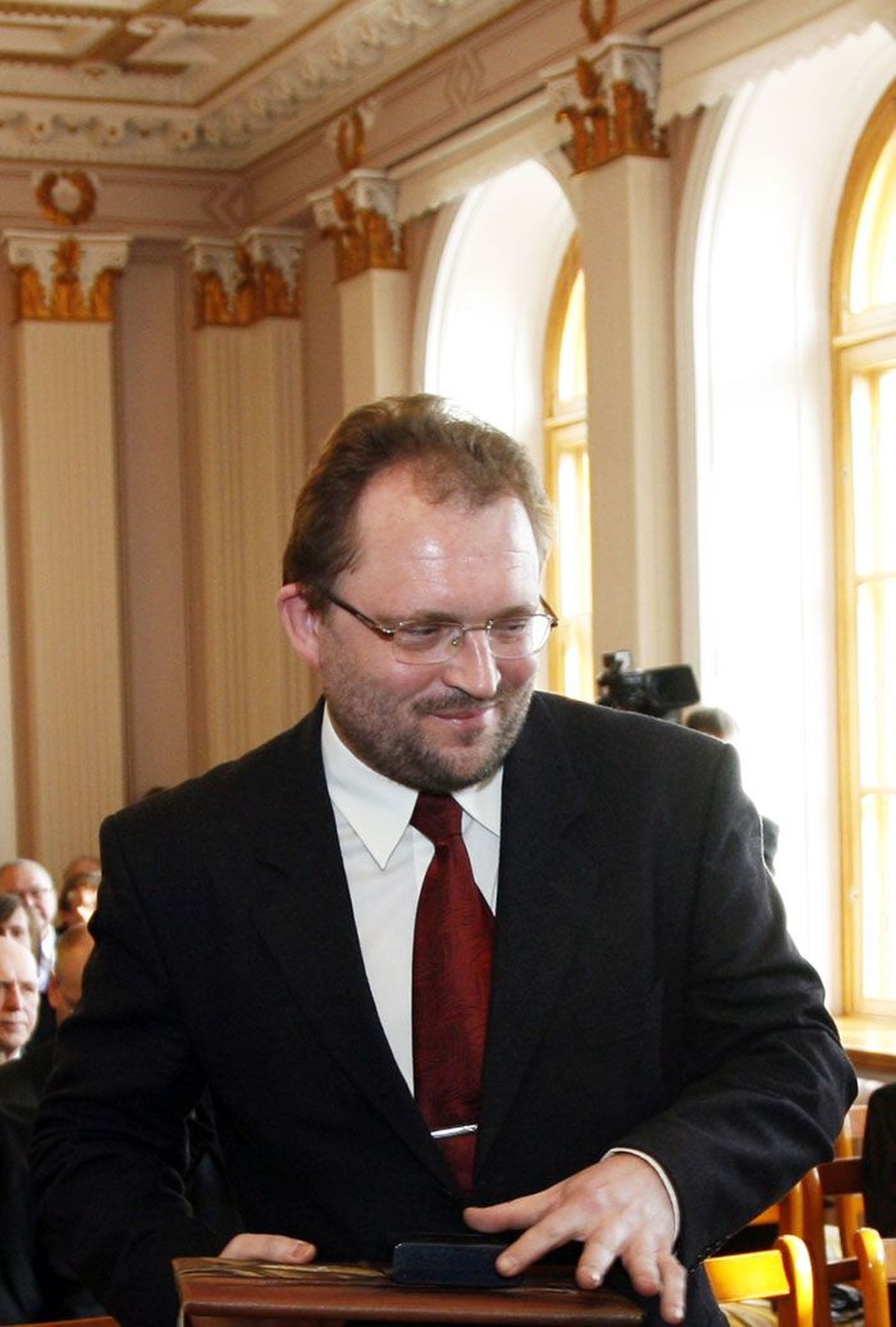This is exactly what happened with Maria* who defended her thesis at TTÜ at the beginning of this year. At the defence in January, no faults were discovered in her work by supervisor, opponents or assessment committee. Thus, the lady was awarded her Doctorate degree.
To their great surprise, five days later the university leadership found in their mailbox a letter by Priit Pärnapuu, a lecturer at TTK University of Applied Sciences, in which the latter requested inquiry regarding the thesis by Maria. Mr Pärnapuu is the man who discovered plagiarism in the infamous Doctoral thesis at Estonian University of Life Sciences, the legality of which is now disputed in court.
Regarding Maria’s thesis, Mr Pärnapuu’s accusations were especially severe: allegedly, the thesis includes unreferenced retelling of works by other authors, references to wrong sources, plain copying, and quotes presented as references. The lecturer went as far as to claim that, according to a computerised analysis, 31 percent of the essential part of the thesis is academic theft.
«When comparing the University of Life Sciences thesis, and this TTÜ one, I’d say the latter is clearly worse,» Mr Pärnapuu told Postimees.
Whether the accusation holds water, nobody ever found out, however. Instead of calling a committee to investigate the suspicion, the dean offered Maria the option of using the end-of-studies clause, allowing the author to take a defended thesis back without much ado.

